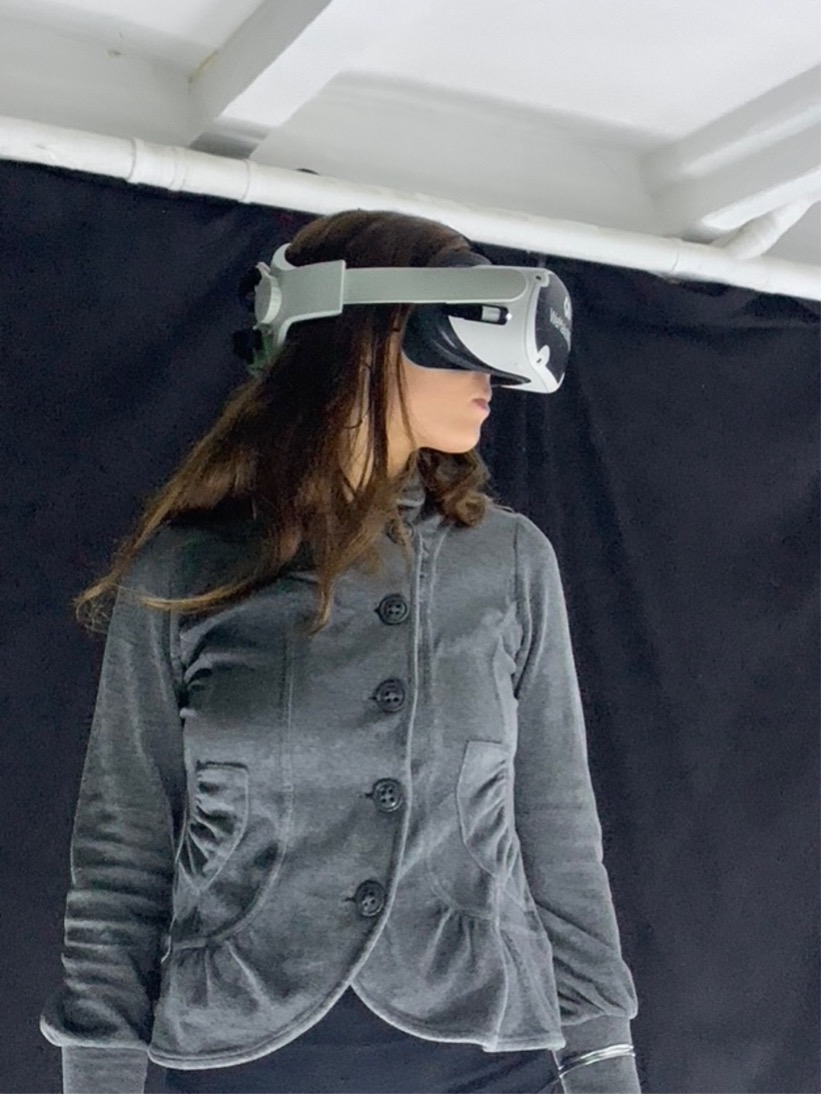IEEE International Symposium on Mixed and Augmented Reality (ISMAR) is the premier conference for Augmented Reality (AR), Mixed Reality (MR) and Virtual Reality (VR), which attracts the world’s leading researchers from both academia and industry. ISMAR explores the advances in commercial and research activities related to AR, MR, and VR by continuing to expand its scope over the past several years.
We cordially invite you to join our Tutorial at the 24th IEEE International Symposium on Mixed and Augmented Reality (ISMAR), which will be held at the Daejeon Convention Center (DCC), South Korea, from Oct. 8 to Oct. 12 2025.

About the tutorial
This tutorial promises to be an informative yet engaging event, highly relevant for anyone working or studying in the field of immersive technologies research and/or development.
We claim that for further (commercial) exploitation of the XR domain, it will be crucial that large audiences can be reached. This means that also users that may be less tech-savvy than us – the students, researchers, and developers – should be included in our further explorations into user experiences, -preferences, and -limitations.
To illustrate this discussion, we will start by making a little detour, looking back at the way that videogames were once considered a masculine domain – and consider how XR may benefit from insights that have been gained there. As two female researchers, designers, and educators within the field of immersive tech, we hope to inspire our participants by sharing our own studies and present relevant examples and insights, from Princess Peach to the use of neurofeedback in VR to design inclusive public spaces.
Expect a thought-provoking event with a welcoming, safe, and inclusive space for discussion and sharing of ideas and opinions. Whether you are a student, an educator, a researcher, or an industry professional, we warmly invite you to take part in this tutorial and share your own insights and opinions on this topic, working together towards new standards for inclusive research and design within the field of immersive technologies.
Short outline of the program
1. Intro: inclusion in immersive technology – what are the issues?
2. Looking back at video game history
3. VR and design bias
4. User experience research
5. Shared virtual spaces and online culture
6. Towards the future: inclusive education
7. Conclusion & take-aways
How to attend
The Tutorial is open for all ISMAR attendants, both online and in person. Registration is not required, although we would appreciate your prior notice of attendance at m.s.vosmeer@hva.nl.
Date
8 October, half day tutorial, hybrid meeting
Organized by
Mirjam Vosmeer, PhD, Amsterdam University of Applied Sciences
Frederike Manders, MA, Erasmus University Rotterdam
Contact information
m.s.vosmeer@hva.nl
About the organizers
Mirjam Vosmeer presented her PhD thesis Videogames and Gender at the University of Amsterdam in 2010, focusing on the medium videogames from a cultural studies perspective. In 2013, she joined the Civic Interaction Design research group at the Amsterdam University of Applied Sciences. Since then, she has focused her attention on unravelling the dynamics and mechanics of implicit (gender) bias in media technology, gradually moving from video games to immersive media. Mirjam received Dutch governmental grants for her research projects Storytelling for 360° Media and VR for Diversity and has consequently presented workshops, tutorials and academic papers on these topics all over the world. In 2021 and 2022 she was Program Chair for ICIDS (the International Conference for Digital Interactive Storytelling). Additionally, Mirjam works as consultant in the field of XR for Meta Reality Labs and the European Commission.
Frederike Manders is an award-winning XR expert who has been at the forefront of immersive technologies since 2014. With over a decade of experience in extended reality, she has worked across research, design, innovation and implementation of XR solutions in both academic and applied settings. Currently, Frederike serves as the part-time Program Manager of the Experience Lab at the Erasmus Centre for Data Analytics (ECDA) at Erasmus University, where she leads initiatives that explore the intersection of human experience, data, and immersive technologies. As CEO of MaMaProducties BV, she leads innovative projects in which XR and biofeedback are combined. Her work focuses on leveraging XR to drive innovation in research, education, and societal impact.



